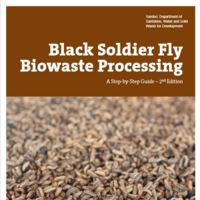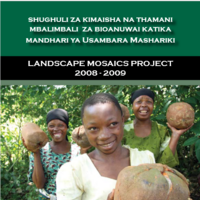Search
Books+
Searching 1,730 books
Search related to the career Biostatistician
Biostatistician:
A biostatistician is a professional who applies statistical techniques to analyze and interpret data related to biological, health, and medical research. They play a crucial role in designing studies, collecting data, and drawing meaningful conclusions from the data. Biostatisticians collaborate with researchers, epidemiologists, and healthcare professionals to ensure accurate and reliable analysis of data in various fields such as public health, genetics, clinical trials, and environmental health.
Responsibilities:
1. Study Design: Biostatisticians contribute to the planning and design of research studies, including determining sample sizes, selecting appropriate statistical methods, and developing data collection protocols.
2. Data Collection and Management: They assist in the collection and organization of data, ensuring its accuracy and completeness. Biostatisticians may also develop databases and data management systems to efficiently handle large datasets.
3. Data Analysis: Biostatisticians employ statistical software and techniques to analyze data, identify patterns, and draw conclusions. They use methods such as regression analysis, survival analysis, hypothesis testing, and Bayesian statistics to extract meaningful insights.
4. Interpretation and Reporting: Biostatisticians interpret statistical findings and communicate them to researchers, healthcare professionals, and policymakers. They provide clear and concise reports, tables, and graphs that aid in decision-making processes.
5. Collaboration: They collaborate with multidisciplinary teams, including researchers, epidemiologists, clinicians, and laboratory scientists, to ensure that statistical analyses align with research objectives and contribute to scientific advancements.
6. Research Support: Biostatisticians provide statistical support throughout the research process, from study design to publication. They assist in grant applications, contribute to research protocols, and participate in scientific discussions.
7. Quality Control: They ensure the quality and integrity of data by implementing rigorous quality control measures. Biostatisticians identify and address potential biases, outliers, and confounding factors that may impact the validity of research findings.
8. Methodological Development: Biostatisticians contribute to the development of new statistical methods and techniques tailored to address specific challenges in biological and health-related research.
Skills and Qualifications:
- Strong background in statistics, mathematics, and probability theory
- Proficiency in statistical software such as R, SAS, or Python
- Knowledge of study design, sampling methods, and data collection techniques
- Understanding of various statistical techniques and their applications
- Excellent analytical and problem-solving skills
- Effective communication and collaboration abilities
- Attention to detail and ability to work with large datasets
- Knowledge of relevant regulatory and ethical guidelines in research
Biostatisticians play a vital role in advancing scientific knowledge, improving healthcare outcomes, and informing public health policies. Their expertise in statistical analysis ensures that research findings are accurate, reliable, and meaningful.
Source: Various AI tools
Biology
Science
Math
Research
Books tagged research
Biography
Stem
Computer science
Anthropology
Books tagged anthropology
Professors
Psychology
Books tagged psychology
Searched in English.

































































